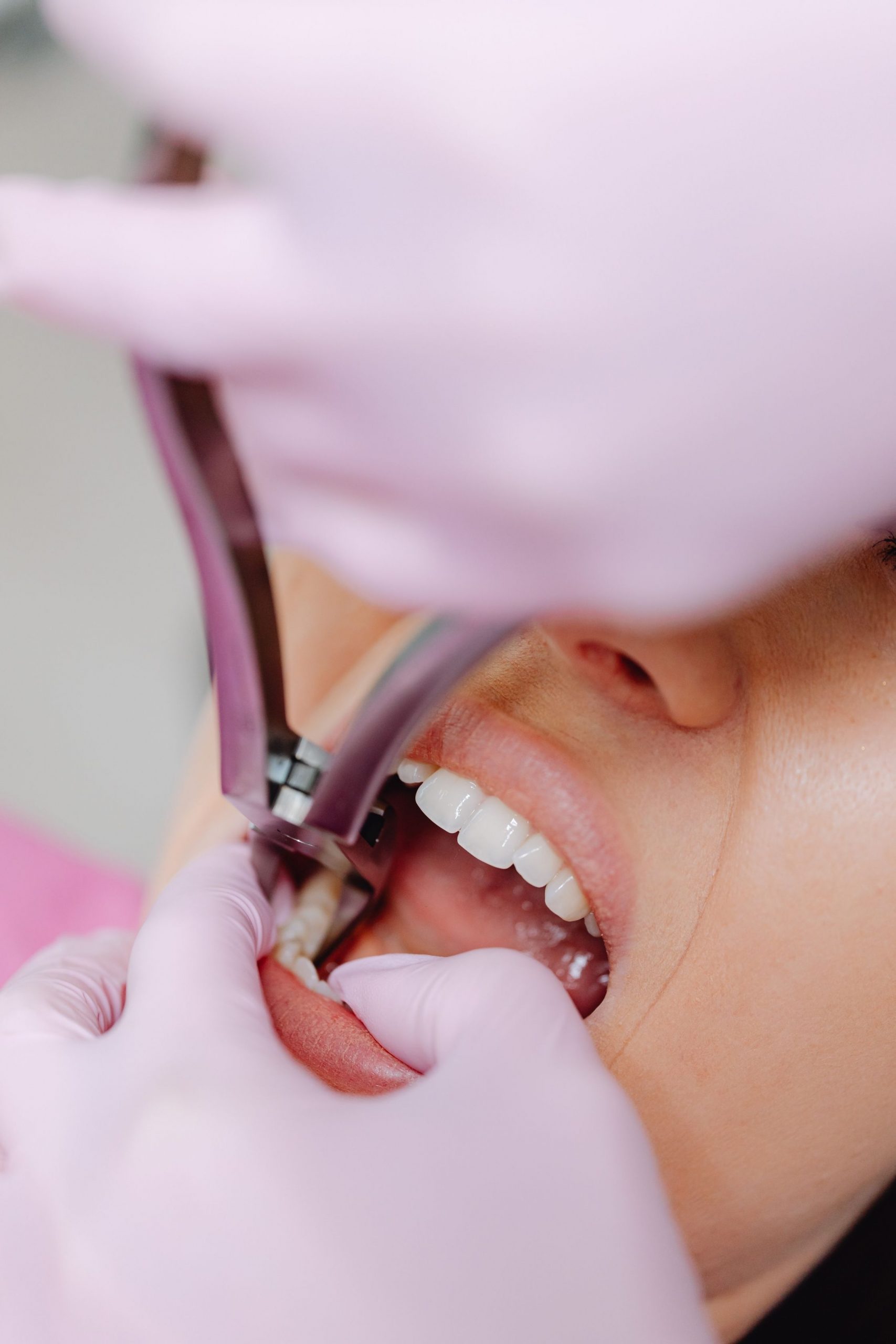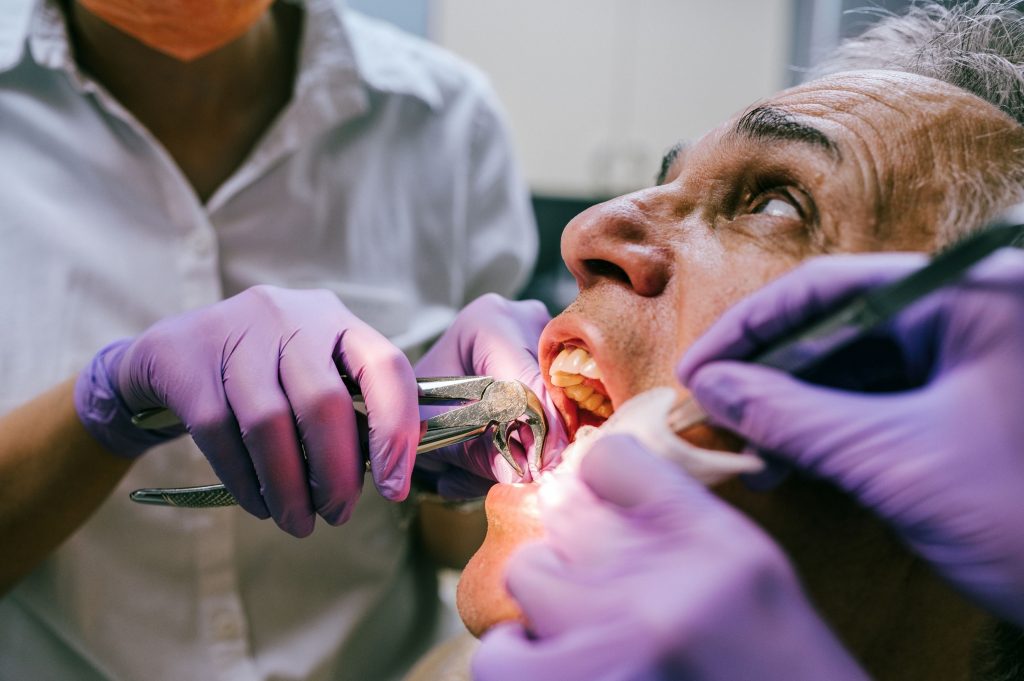Going to the dentist can be very stressful for people, but visits are necessary to stay healthy. Usually, tooth extraction is the least dentists do, mainly to try to save the tooth.
Tooth extraction
Unfortunately, there are times when tooth extraction is necessary to save other teeth or to remove a potential threat from your body. These cases may include:
- Periodontal disease: gingivitis is the first sign of periodontal disease, which affects the gums but can spread to other areas of the oral cavity. Periodontal disease can cause serious problems if left untreated and can eventually lead to heart disease, stroke or diabetes.
- Caries: When a tooth decays, the damage can be irreversible. The damage can allow bacteria to spread and cause inflammation. Sometimes root canal treatment is an option, but if not properly treated, tooth extraction is the only solution.
- Overloading: if the denture is overloaded, it can cause a bad bite shape, the teeth can overlap, making them difficult to clean.
- Impacted teeth: these are teeth that have not yet come out because of a blockage. Most often the blockage is in the gums. If a tooth is impacted, it can cause damage, inflammation or infection to other teeth. Your dentist may recommend tooth extraction to prevent tooth damage, overcrowding or infection.
- Damage: in any accident involving the teeth, the teeth may be irreparable and may need to be extracted.
Tooth extraction can be as simple as the dentist numbing the area with a local anaesthetic and simply pulling the tooth out. Other cases involve surgical tooth extraction, which usually requires general anaesthesia. This may occur if the tooth is damaged, broken or difficult to access.

After tooth extraction
Once your tooth has been removed, there are a few things you need to watch out for to ensure that healing is quick and efficient.
You may experience the following symptoms after the first 24 hours:
- Bleeding: often occurs immediately after tooth extraction or an hour later. To reduce bleeding, you can place a sterile gauze pad over the wound and bite down gently but firmly. Try to apply even pressure for at least 45 minutes. If the bleeding continues, it is recommended to seek medical help. After tooth extraction, do not rinse your mouth or suck on the wound for a week. Also, do not smoke or drink through a straw. Avoid alcohol, hot drinks or soups, as these can cause a build-up of blood.
- Cleaning: avoid brushing your teeth, use a soft bristled toothbrush to clean the wound
- Swelling: facial swelling is very common. If this is still present a day after the pull, feel free to apply a cold water compress to the area. Keep it there for up to 10 minutes every hour. Repeat the procedure until the swelling goes away.
- Check-up: If the affected area needs stitches, see your doctor again for a check-up one week after the tooth extraction.
- Pain: Pain is common after such procedures. If you experience pain within a week of the extraction, it is advisable to consult your doctor, who may prescribe special medication.
- Healing time: a maximum of a few weeks after tooth extraction is needed for complete healing. Optimally, you should be able to eat and drink as usual after 1-2 weeks. If your case is a little more complicated, the doctor will advise you about the recovery period.
After your tooth extraction, please note the following:
- do not smoke
- do not drink coffee or alcohol
- do not lift heavy weights
- eat soft, dairy-free foods
- do not eat seeds
- use mouthwash after one week (after two weeks if you have had sinus closure)
- do not touch the wound
- clean your mouth and teeth carefully
- make sure you sleep in an elevated position
- try not to sleep on the same side as the tooth extraction
- do not spit
- in special circumstances (bone grafting), follow the doctor’s instructions
- do not go into hot, humid places (sauna, swimming pool)
